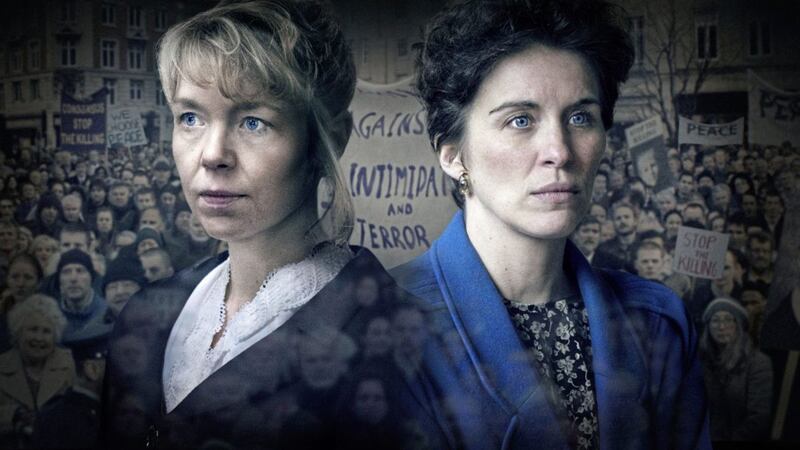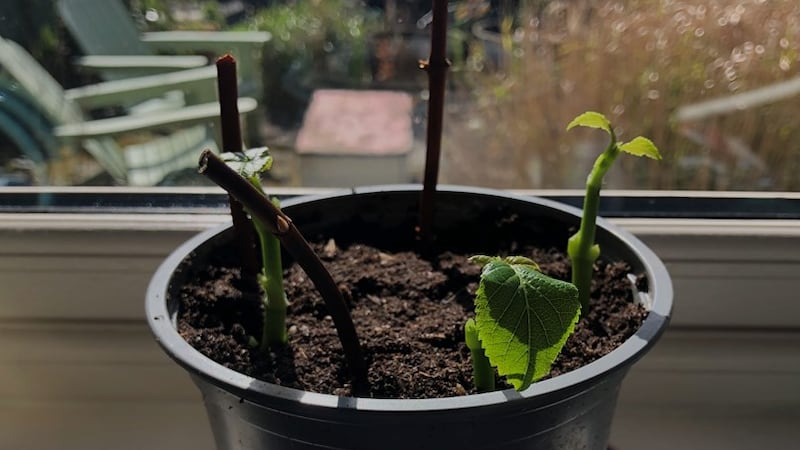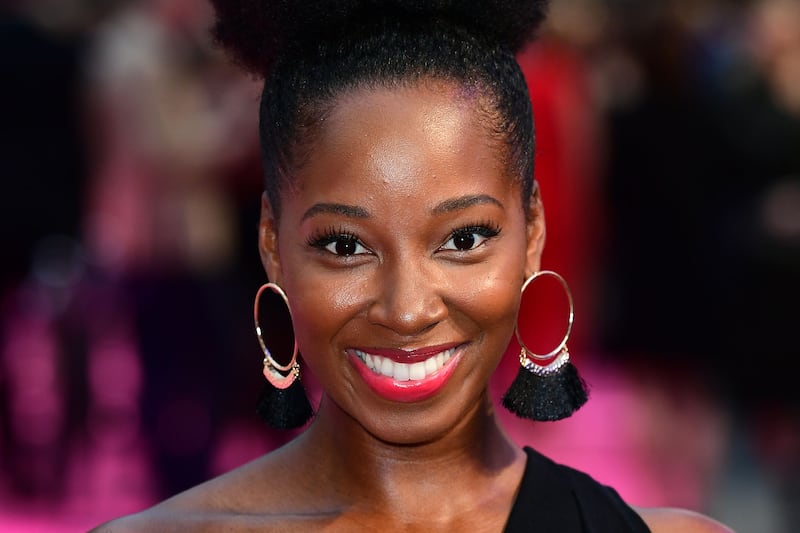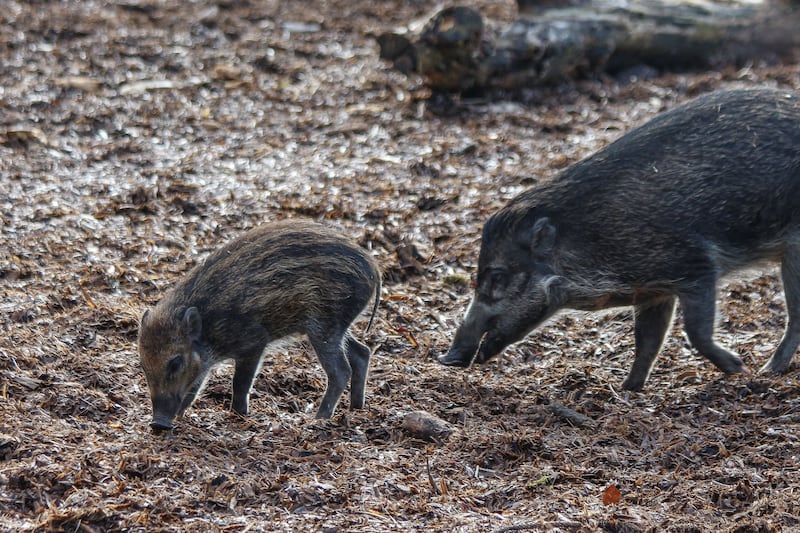Mother’s Day, BBC 2, Monday at 9pm
Mother’s Day told the story of the aftermath of the Warrington bomb when the IRA killed two children in the north of England in 1993.
This credible and moving 90 minute drama centred on the relationship between Wendy Parry, whose 12-year-old son Tim was killed, and Susan McHugh, a Dublin woman who launched a peace campaign based on her disgust at the pointless murder of children.
The title of the film came from the death of three-year-old Jonathan Ball, who had gone out with his babysitter to buy a Mother’s Day card when the IRA decided the citizens of Warrington were expendable in their fight for Irish freedom.
The relationship formed in adversity is a common device for television drama and Mother’s Day could have drifted off into the mundane, but so important and powerful was the subject that it was gripping.
And the writing, by Nick Leather, did not avoid the complexity and nuance of the Troubles.
The most significant scenes were when Mrs McHugh and her husband travelled to Belfast after they were accused of creating a hierarchy of victims and placing the deaths of children in England above those in Northern Ireland.
Mrs McHugh met with a nationalist woman who asked if she knew the name of her child who had been killed by a plastic bullet and if she was campaigning against her murder.
The only answer she had, head bowed and ashamed, was that she “knew it now.”
She then met with a woman in east Belfast, who had lost a son to the IRA and practically ordered her out of her house.
“People like you might be sympathetic to me … but in a way you still think of me as Irish, or Northern Irish maybe, but Irish still. Well I’m not. The word sticks in my craw. I’m an Ulster woman, I have nothing in common with you."
What embarrassed me while watching the film was that I didn’t even remember Susan McHugh’s peace campaign and the rallies in Dublin.
I distinctly remember the Warrington bomb and the appearance of Tim Parry’s parents on the Late Late Show appealing for peace, but nothing about the protests.
And it sets you to thinking about all the peace movements and protests during the various stages of the Troubles and whether they had any effect.
Undoubtedly the campaigns tempered the actions of the violent groups and gave a voice to public disgust.
But it’s also worth remembering that the Omagh bomb was only five years after Warrington.
****
We Are British Jews, BBC 2, Tuesday and Wednesday at 9pm
With perfect timing, We Are British Jews aired just hours after the Labour Party finally accepted the international definition of anti-Semitism.
It brought together eight British Jews with various views on their religion and Israel, at a time when intolerance against them is at its highest in decades.
In Northern Ireland we have a strange connection with the Israel/Palestine conflict with direct alliance between the two sides in our conflict and theirs.
Much of the debate in We Are British Jews centred on whether criticism of Israel’s actions is consistent with anti-Semitism. Most agreed it wasn’t but Simon, who appeared to have moderate views on all things, did argue that criticising Israel alone while ignoring all the world’s other problems is “borderline” anti-Semitism.
I suspect Ireland’s concentration on Israeli actions is born of a genuine empathy with the Palestinian people and the injustices they face, but also a sort of intellectual laziness.
Why not Yemen, Syria, Crimea, Congo, Afghanistan or any other of the world’s oppressed?









